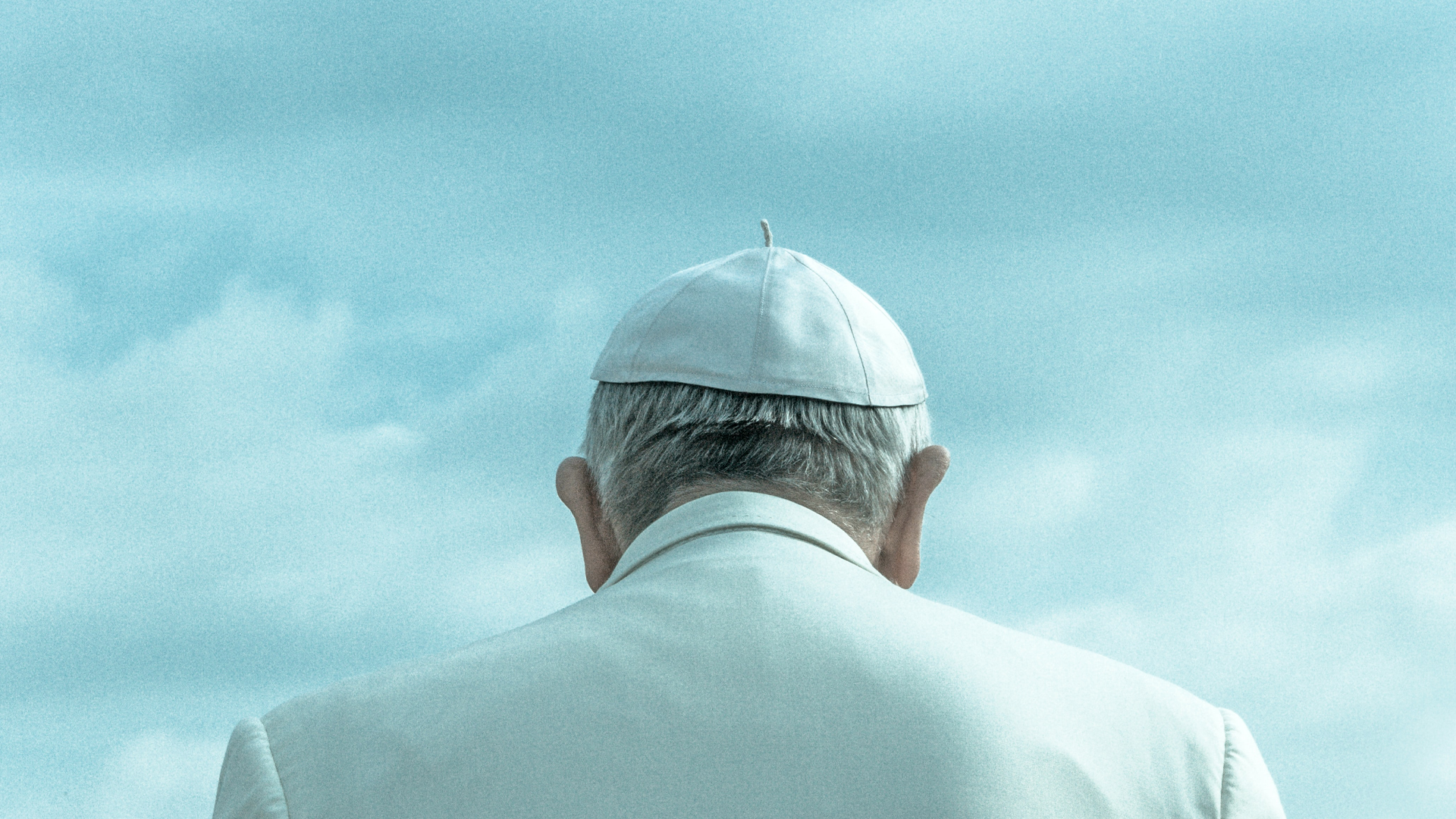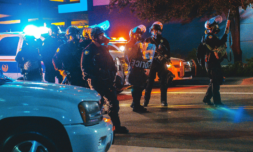Pope Francis’ recent visit to the Democratic Republic of Congo (DRC) and South Sudan marked a significant moment for African Gen Zers. This was his third trip to Africa. He aimed to promote peace, reconciliation, and hope in countries that have suffered from decades of conflict and violence.
Last week, the Pontiff’s three day visit to the Democratic Republic of Congo (DRC) and South Sudan came to an end, drawing tens of thousands of people from the two nations to celebrate the historic visit.
The Pope’s visit comes as both nations endure a civil war that has paralyzed developmental and economical efforts. Both DRC and South Sudan have seen a large internal displacement of thousands of people.
In his DRC visit, the Pope met with President Felix Tshisekedi and members of the government, addressing the country’s long-standing issues of poverty, corruption, and political instability.
The Pope’s message of unity and peace was particularly important for the country’s Gen Zers, who make up a large portion of the population and face high levels of violence. The Pope met thousands at the Martyrs’ Stadium in the country’s capital, Kinshasa.
As Africa’s largest country, the DRC’s Gen Z make up more than 60% of the entire population.
One of the major problems facing the country’s youth is conflict. The DRC has experienced decades of violence, which has had a significant impact on the lives of its people.
Instability has spurred fear and reduced opportunities for young people to get involved in social, economic, and political activities.
Corruption and poverty have negatively impacted a generation largely omitted from decision-making processes. From education to electoral processes, there has been a lack of transparency and accountability across the board.
The widespread corruption has contributed to a lack of trust in the government and other major institutions. Pope Francis encouraged the country’s youth to work towards creating a brighter future and to strive for peace and stability.




















